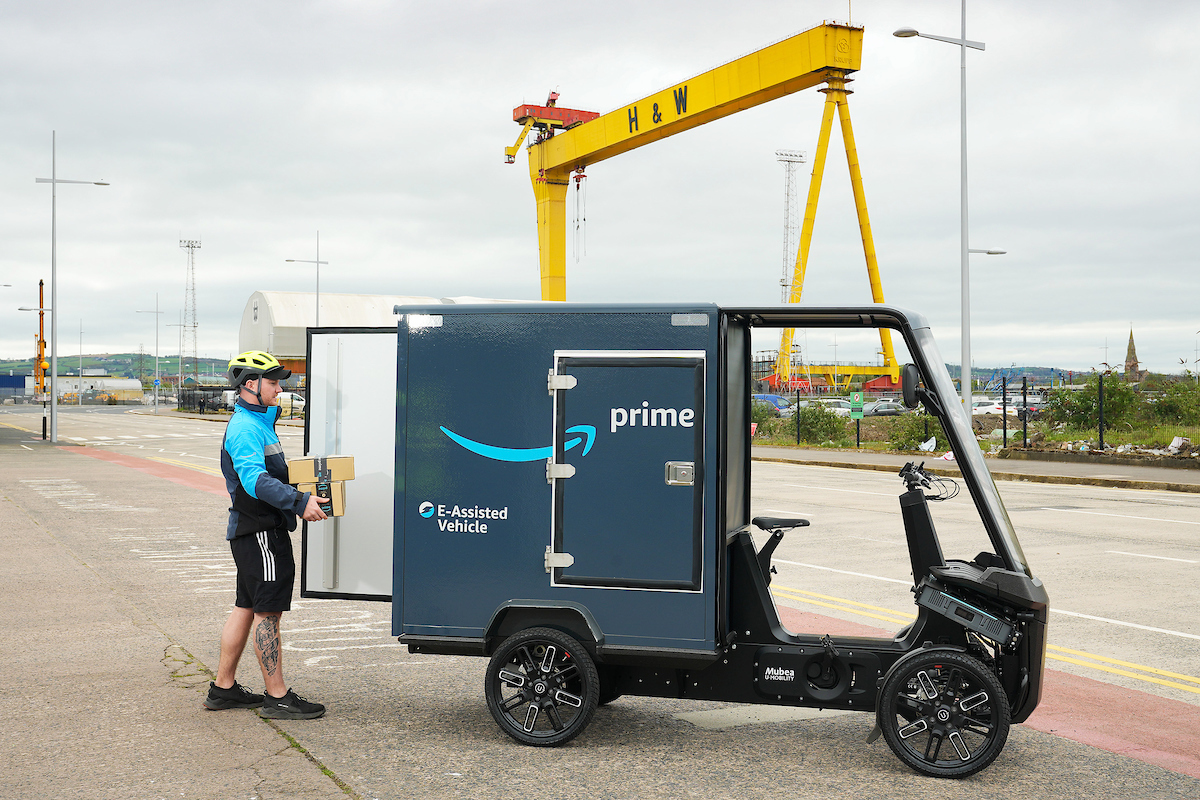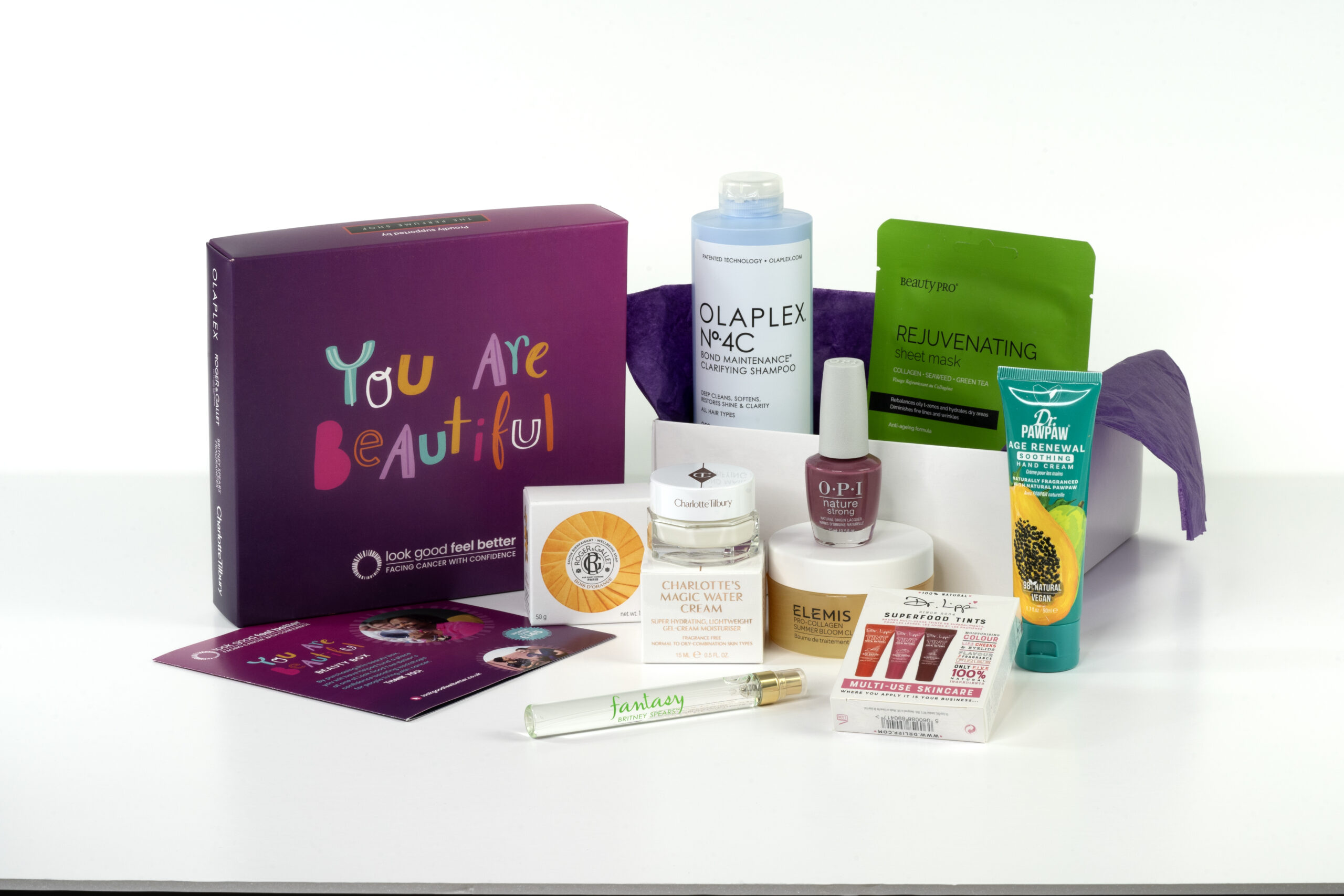Shoppers may be more enthusiastic in theory about online shopping than their actual behaviour suggests, a new study suggests.
While 43% say they prefer to shop online, an IBM Institute for Business Value study found, only 29% of those questioned in 2015 actually made their last purchase online, globally.
In the UK, 35% of shoppers said their last purchase, from the categories studied, was online. That’s up from 33% in 2014 and above the global average.
The study analyses survey data gathered from 110,000 consumers in 19 countries over the last four years, providing an incremental picture of changing shopping habits brought up-to-date with a survey carried out this year.
It found that in some categories, such as youth clothing and home décor, that gap between shoppers interest in online shopping and their actual purchasing behaviour stretches to 20 percentage points. This disparity, says IBM , suggests consumers’ expectations are not being met by the reality of online shopping.
“We’re seeing a growing enthusiasm among shoppers on a number of different measures,” said Kali Klena, global retail industry leader for IBM’s Institute for Business Value.
“But we’re also seeing a bit of a lag between shoppers’ enthusiasm and their current behaviour when it comes to retail expectations.
“While there has been an increase in shoppers buying online compared to a year ago, we asked if people considered themselves as enjoying online shopping. In youth apparel, 43% said they did, but only 26% made their last purchase online. It’s those gaps between ‘I would really like to do this’ and ‘last time I wasn’t able to,’ that gives retailers an opportunity to tighten up their offering in the digital space.”
The study also other disparities between what consumers say and what they do. While 42% of consumers see a benefit in sharing their location with retailers via GPS, only 28% actually do so. And while 54% saw a benefit in sharing their mobile number with retailers in order to receive offers by text, only 42% would share that information in practice today.
“In the UK, people are sharing location information with applicati and service providers who have figured out a real value outside of retail or with the few retailers who have figured it out,” said Klena. “But while they’re seeing a benefit in sharing this information with retailers they’re not quite sure what the benefit is or they’re having a little nervousness with the rules and are holding back a little bit.”
“You have the gap of some nervous consumers who when it comes to sharing of contact information with retailers believe it could make a difference in personalisation but are not quite sure retailers vs other service industries have quite learned the rules,” said Klena. “We also have some indications with consumers having increased interest in retail communications being on demand, with opt in and opt out options.”
Rather than giving information to retailers, it seems consumers would like information from retailers. Some 60% of those surveyed said it was important to find out if an item would be in stock in the store before they went there, while 46% said they’d like to see retail staff able find stock on mobile devices in-store. That last figure was six points up from similar research carried out last year.
Some 48% said they valued personalised communications with retailers when online; 44% of shoppers also want on-demand communication in store. Finally, 41% said they’d like to get personalised promotions based on purchase history or preferences when they are in the store – up from 36% last year.






